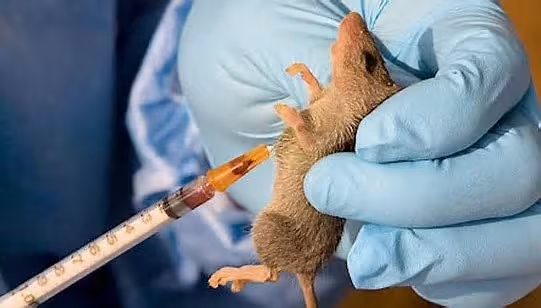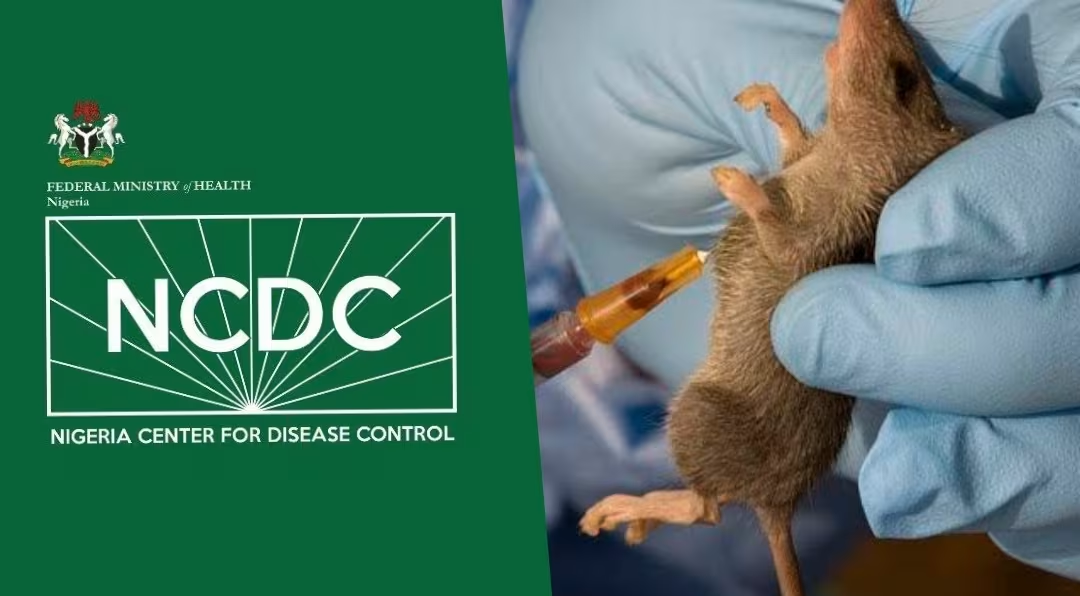Nigeria has recorded 145 deaths from Lassa fever as of Epidemiological Week 25, with a case fatality rate (CFR) of 18.6%
In its most recent report, released on its official website on Saturday in Abuja, the Nigeria Centre for Disease Control and Prevention (NCDC) revealed this.
Compared to the 17.6% recorded for the same period in 2024, the NCDC claimed this represents a rise.

In 20 states and 101 Local Government Areas (LGAs), 781 confirmed cases of Lassa fever out of 5,943 suspected cases were recorded during the week of June 16–22, according to the study.
Ten new confirmed cases of Lassa fever in Ondo and Edo States were reported during the current reporting week, which is a little increase over the eight cases that were reported during the previous week.
The NCDC reports that only five states—Ondo (31%), Bauchi (24%), Edo (17%), Taraba (16%), and Ebonyi (3%), accounted for 91% of all confirmed cases in 2025.

According to the report, Lassa fever still primarily affects young individuals, with those between the ages of 21 and 30 being the most affected. With a male-to-female ratio of 1:0.8, males were marginally more impacted.
According to the NCDC, it is now working with partners like the Institute of Human Virology Nigeria (IHVN), ALIMA, the United States Centres for Disease Control and Prevention (US CDC), the World Health Organisation (WHO), and others.
It added that the partnerships have stepped up multi-sectoral response activities to stop Lassa fever from spreading.

According to the statement, INTEGRATE clinical trials are presently being carried out in Ondo State as part of these efforts, and After Action Reviews (AARs) are being carried out in both Ondo and Ebonyi States to assess the epidemic response.
The organisation noted that environmental response campaigns, community involvement initiatives, and clinician sensitisation have all been implemented in designated hotspot locations.
It also emphasised that sustained efforts were needed to curb the fatality rate, ensure early detection, and improve public health outcomes.
Join Our Social Media Channels:
WhatsApp: NaijaEyes
Facebook: NaijaEyes
Twitter: NaijaEyes
Instagram: NaijaEyes
TikTok: NaijaEyes





